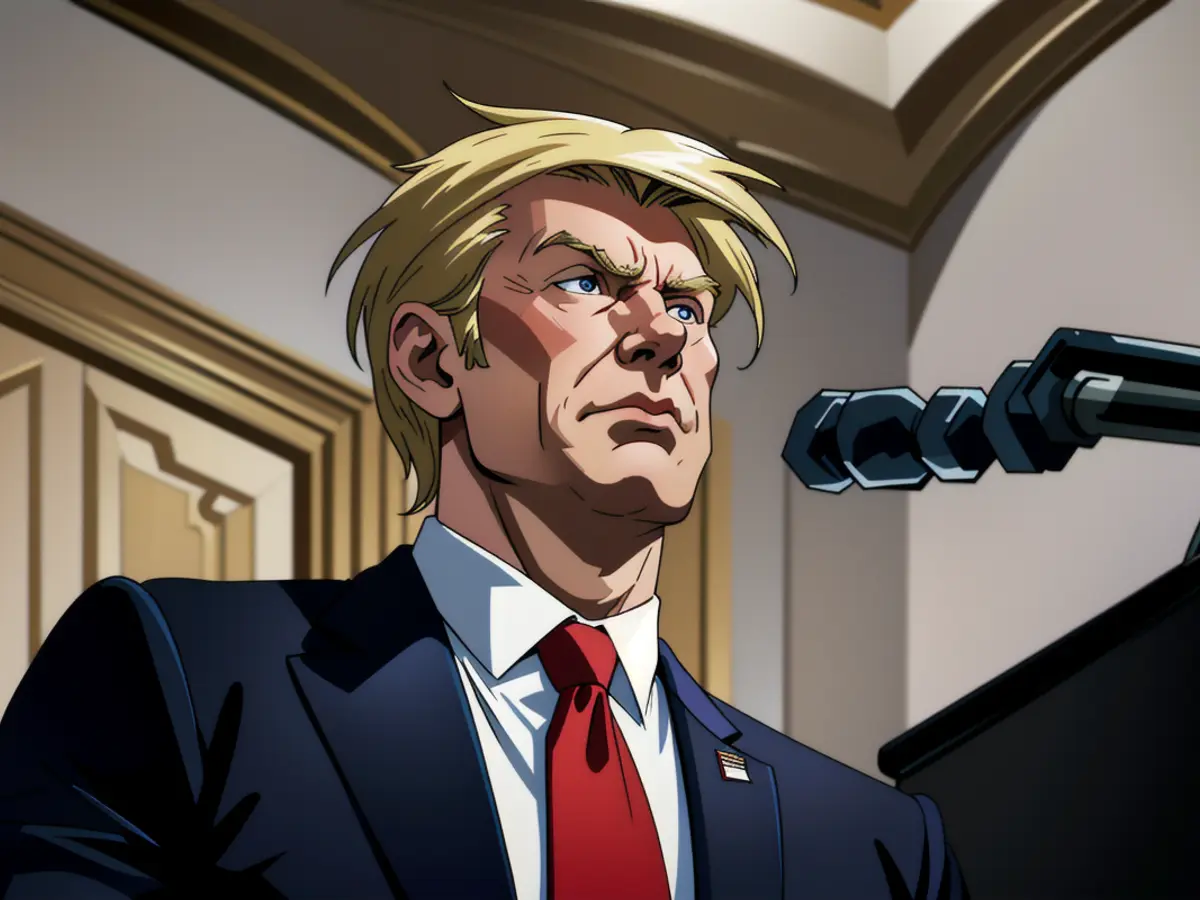Trump won't be slapping on extensive tariffs right off the bat
Trump's economic team is currently investigating ways to implement the tariffs he promised during his campaign, targeting both allies and adversaries alike. Although internal debates persist, it's clear that Trump intends to carry out significant changes in tariff policy.
During his inaugural address, Trump declared his intentions to rework the trade system, protecting American workers and families while taxing foreign countries to benefit U.S. citizens. He also hinted at establishing a new government office called the "External Revenue Service" to collect tariff revenue.
However, the how and when remain unclear. Among the proposed solutions are smaller, gradually increasing tariffs or tariffs that don't take effect for a few months. Legal basis is another concern, with advisers considering using emergency powers to give the president broad authority over imports.
Market-oriented officials like Scott Bessent and Kevin Hassett advocate for a more moderate approach, while tariff champions Peter Navarro and Howard Lutnick push for a more aggressive stance. Trump himself has contacted several Capitol Hill allies to rally support for his tariff policy.
As a presidential candidate, Trump proposed steep tariffs - up to 20% on imports from all nations, with a 25% tax on goods from Mexico and Canada, and a 60% fee on goods from China. However, a new study from the Peterson Institute for International Economics suggests that American consumers would bear the brunt of these tariffs, leading to increased costs for a wide range of products.
Proponents of the tariff plan argue that the import taxes will strengthen America's position on the world stage, ultimately saving U.S. consumers. However, most mainstream economists fear that Trump's tariffs could reignite inflation, triggering a stock market crash and trade war.
This internal debate within Trump's economic team is reminiscent of his first term when Steven Mnuchin and Gary Cohn, Wall Street alums, sought to halt or dilute the proposed tariffs due to retaliation and recession concerns.
Regardless of the specifics, Trump has consistently maintained that he will uphold his campaign promises, leaving the details to be determined.
Sources:1. Bloomberg2. CNN3. Politico4. CNN5. CNN
The proposed tariffs could significantly impact the U.S. business sector, potentially leading to increased costs for many products. This economic approach, if implemented, could potentially strengthen America's position on a global scale.





